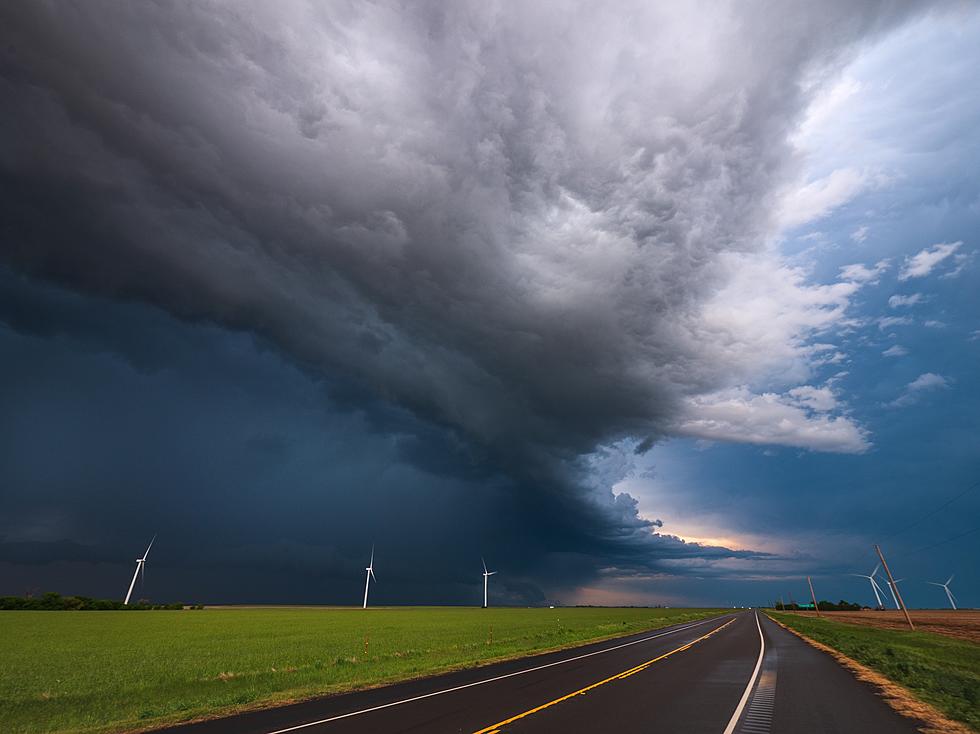
Three Tips for Staying Safe During a Tornado in Michigan
Much of Michigan is going to see some nasty weather today.
As of right now (Wednesday, 4/5/23 at 9 am,) many Michigan counties are under a tornado watch as a storm front rolls in. The tornado watch is in effect until 4 pm this afternoon.

Thunderstorms are expected to hit most of the state throughout today and severe weather is on the way. The following counties are currently under the tornado watch: Bay, Genesee, Huron, Lapeer, Lenawee, Livingston, Macomb, Midland, Monroe, Oakland, Saginaw, Sanilac, Shiawassee, St. Clair, Tuscola, Washtenaw, and Wayne (As of 4/5/23 at 9:40 am.) For updates, click here.
When it comes to severe weather like a tornado, there is no reason to be a hero. I love extreme weather as much as the next guy, but you also have to know what to do and when to do it when things get real. Below you'll find three tips from Michigan.gov on how to stay safe during a tornado.
Tip 1: Know Where to Take Shelter
If a tornado warning is issued and you need to take shelter, learn what to do below based on the situation you are in.
- In a house, avoid windows and go to the lowest level of your home. Get under something sturdy and cover yourself with a blanket for added protection.
- In a mobile home, the best idea is to seek shelter in a nearby building as a mobile home will not stand up to the wind of a tornado.
- If driving, stop and find a nearby building to take shelter or seek low-lying ground. Never stay in or under your vehicle and do not try to outrun a tornado in your vehicle.
- If you are stuck outside and cannot find a sturdy building, find a low area like a ditch and try to avoid areas with trees.
Tip 2: Prevent Injuries
Do things to minimize your risk of injury such as:
- Wear protective clothing
- Be on the lookout for downed power lines and damaged gas lines
Tip 3: Keep Food and Water Safe
Food and water are easily contaminated by touching storm and flood water. Keep in mind, storm and flood water could be contaminated by poisonous chemicals, sewage, and other things. If food or water comes in contact with the stormwater, throw it away.
For more details on what to do during a tornado emergency, click here.
Source: Michigan.gov

